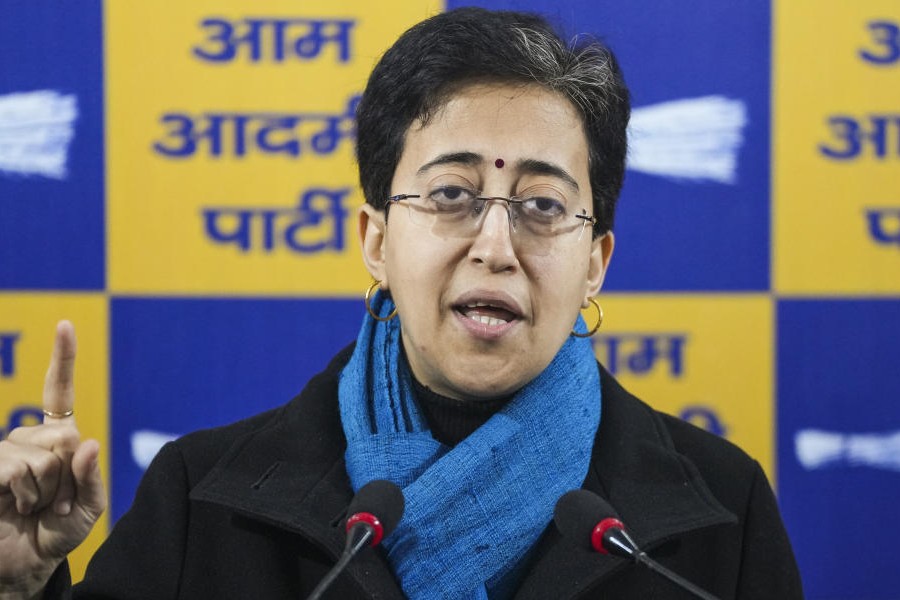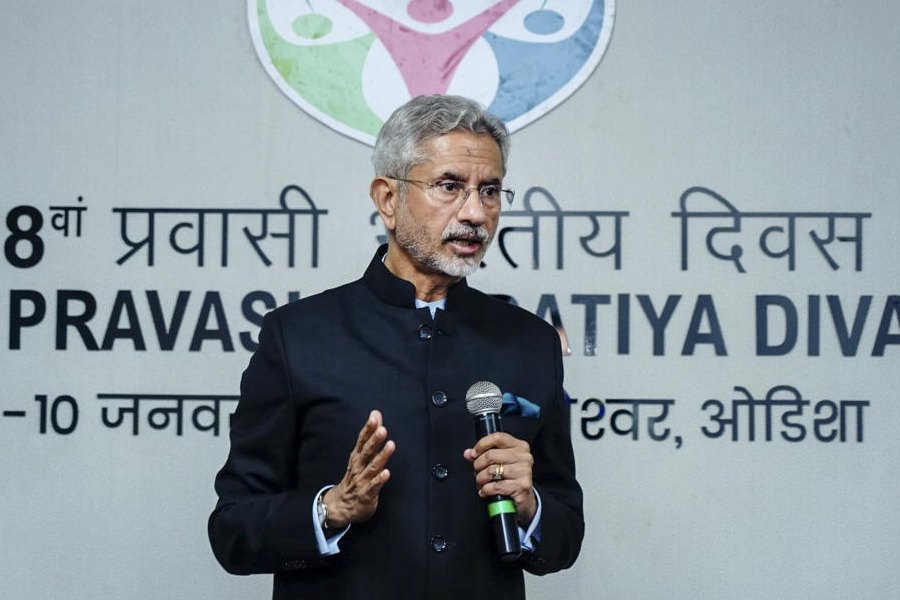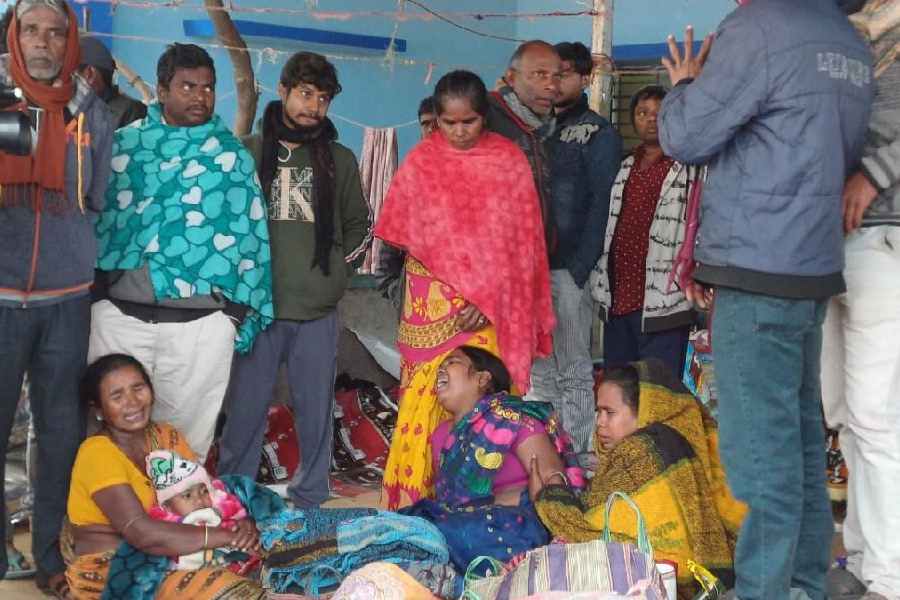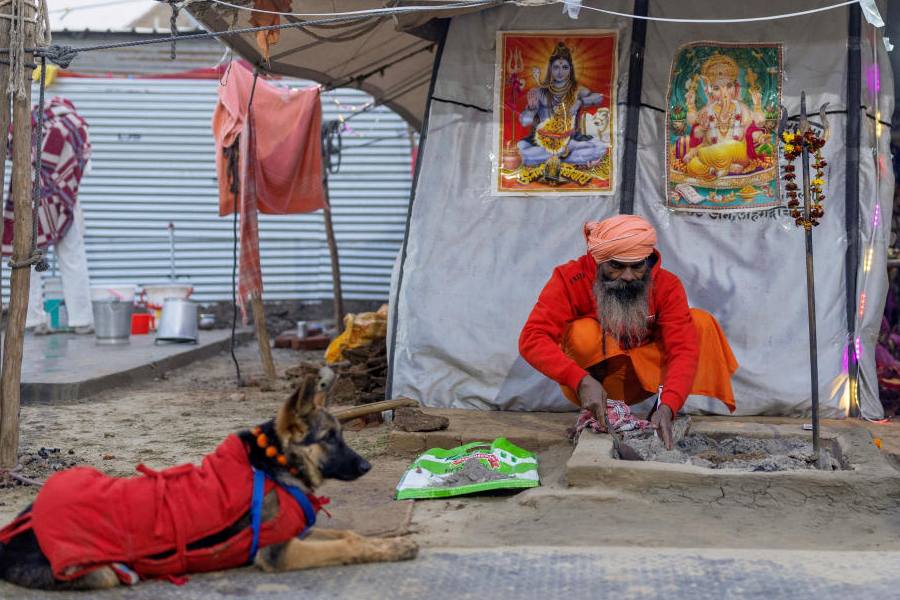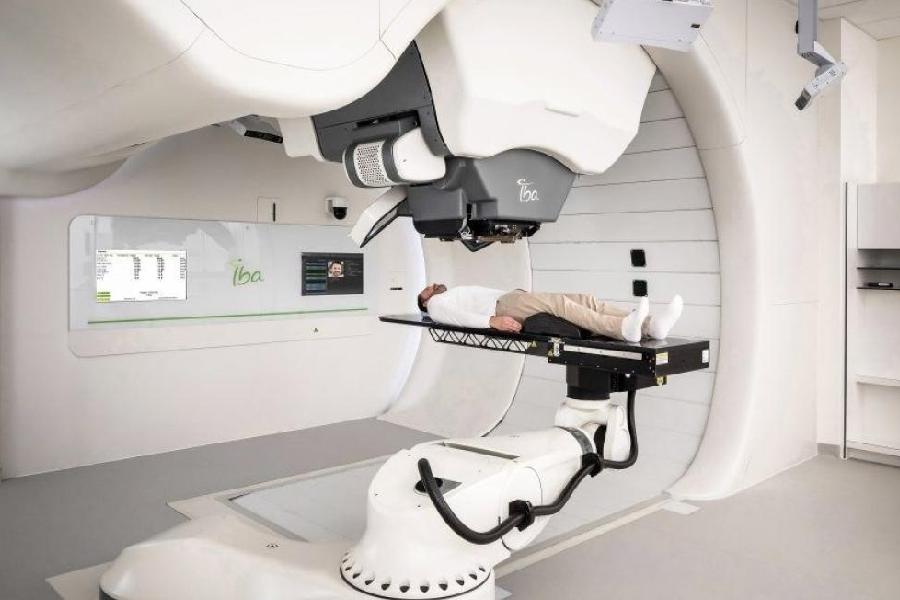The Supreme Court on Thursday directed the Centre to permit Overseas Citizens of India (OCIs) to participate in the 2021-22 NEET counselling for undergraduate medical courses in the general category instead of the NRI quota as had been notified by the government in March.
The apex court passed the interim order while rejecting the argument of additional solicitor-general Aishwarya Bhati appearing for the Centre that bracketing the OCI students with NRIs was justified as the State was within its power to make such classifications of citizens and non-citizens.
The bench of Justices Abdul Nazeer and Krishna Murari said: “We direct the NTA (National Testing Agency) to declare the result of the examination undergone by the petitioners in the NEET-UG 2021 and the eligible petitioners are permitted to appear for counselling in the general category.”
However, the bench made it clear that the interim order was being passed only for this academic year.
The court was hearing a petition filed by Dr Radhika Thapetta and other OCI candidates challenging Clause 4(ii) of a notification issued by the NTA on March 4 under which OCI and NRI students were categorised as a separate category for the purpose of admission and counselling.
Though the ASG sought to argue that the constitutionality of Section 9 of the Citizenship Act, dealing with the NRIs and OCIs, had been upheld by the apex court in a number of earlier judgments, the bench felt that prima facie the impugned notification could not have been issued by the authorities without examining whether it would arbitrary or not.
During the hearing, Justice Nazeer said the OCIs were people of Indian origin who were contributing huge foreign exchange reserves to the country in the form of several millions of dollars.
Bhati argued that a large number of Indian citizens did not have sufficient access to the resources in their own country, while the OCIs, although not Indian citizens, were granted special privileges. Therefore, she said, the government had the right and power to determine what type of classification could be carved out between the Indian citizens and the OCIs.
“Our country is known for inclusiveness. You can bring noncitizens and give them citizenship. These are people (OCIs) who are very much Indians. Maybe, they must have gone abroad. Section 9 must have been upheld a number of times… you conferred upon them these privileges and rights and subsequently to say suddenly you are withdrawing that. There is a prima facie case because such a notification can be declared as arbitrary under Article 14 (right to equality),” the bench said while rejecting the ASG’s arguments.
The court posted the matter for further hearing on October 20.


